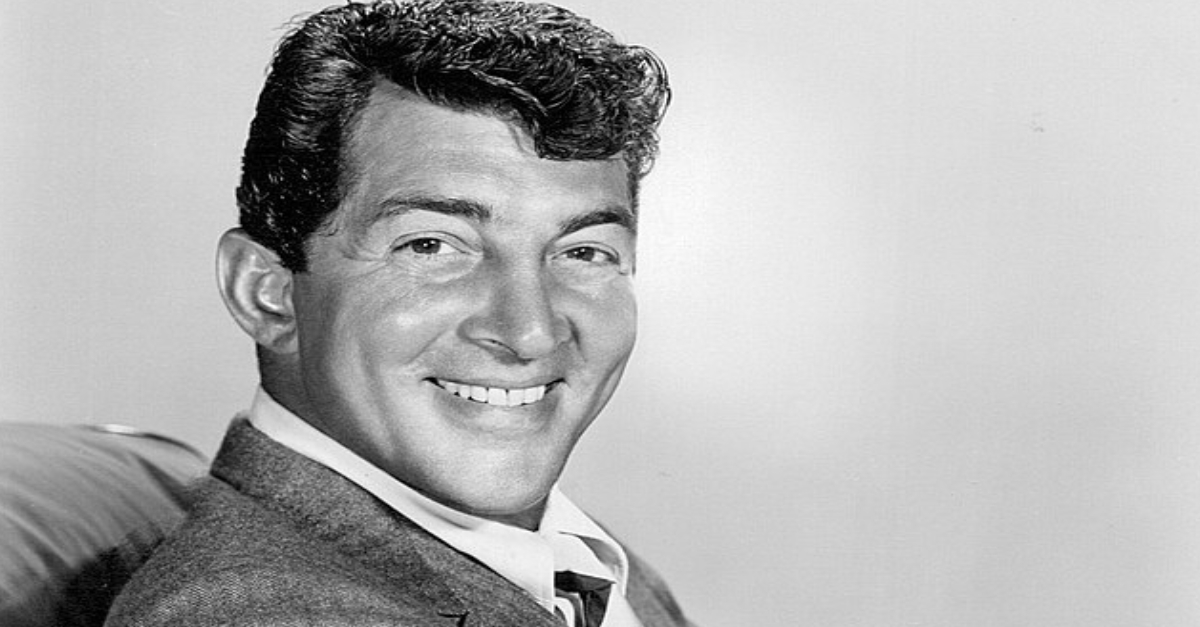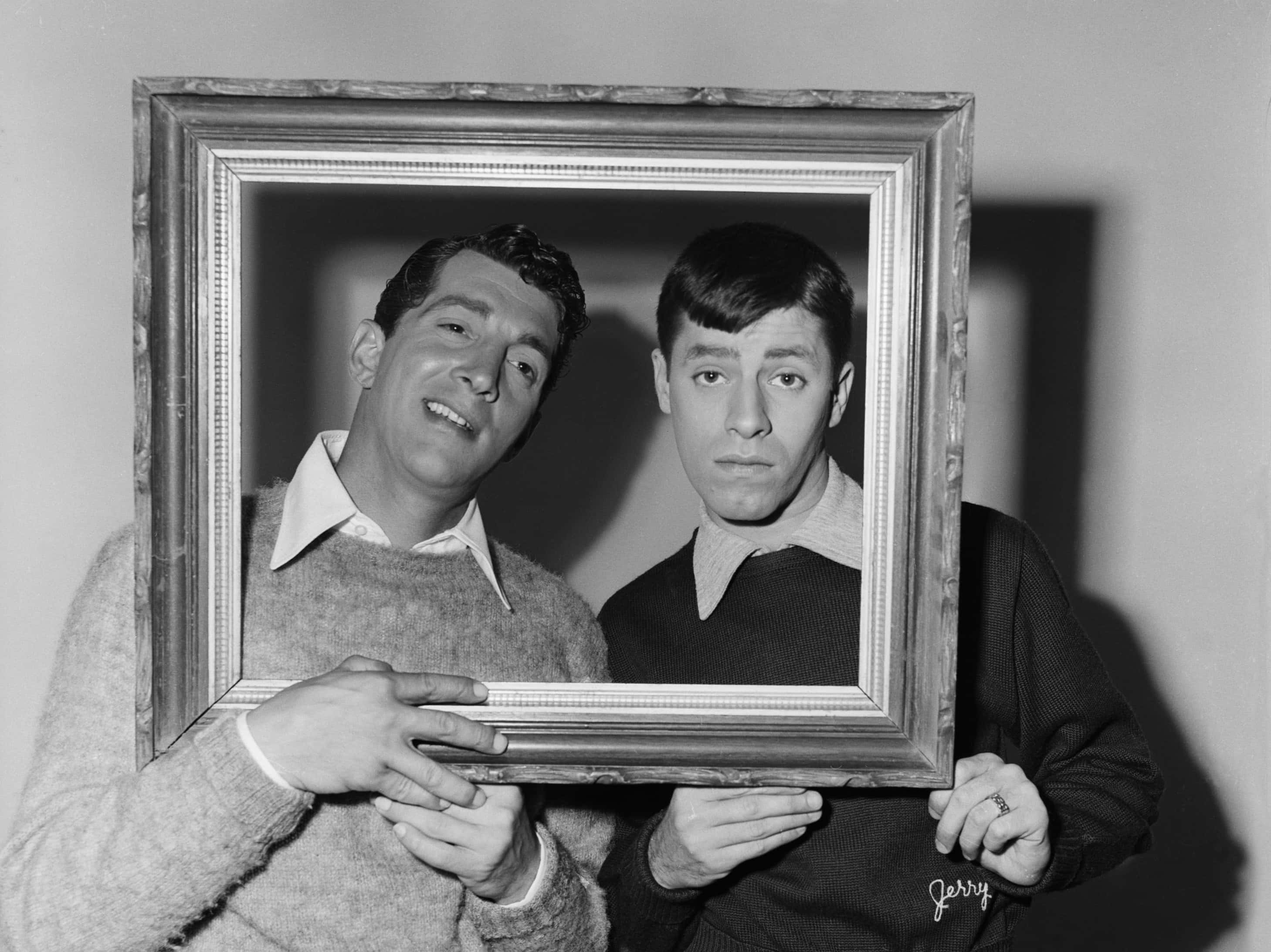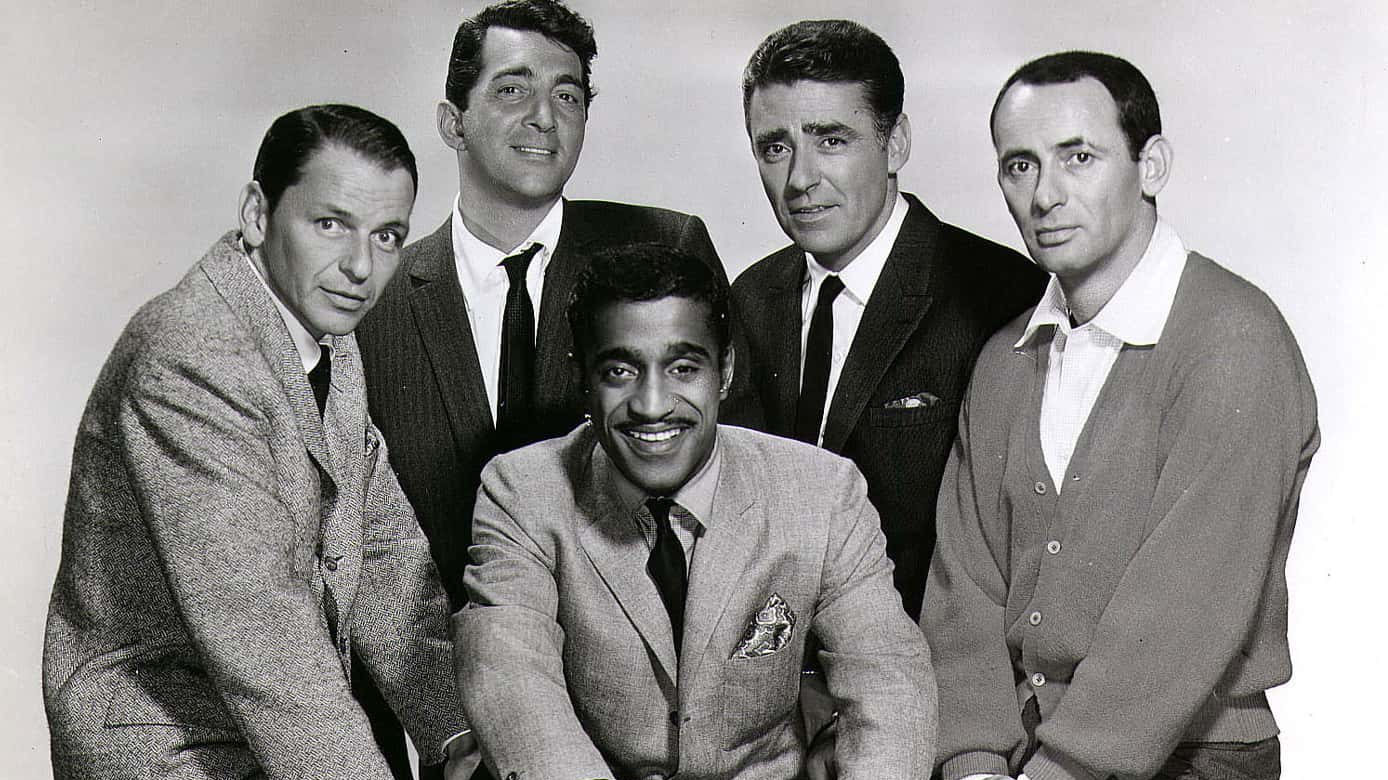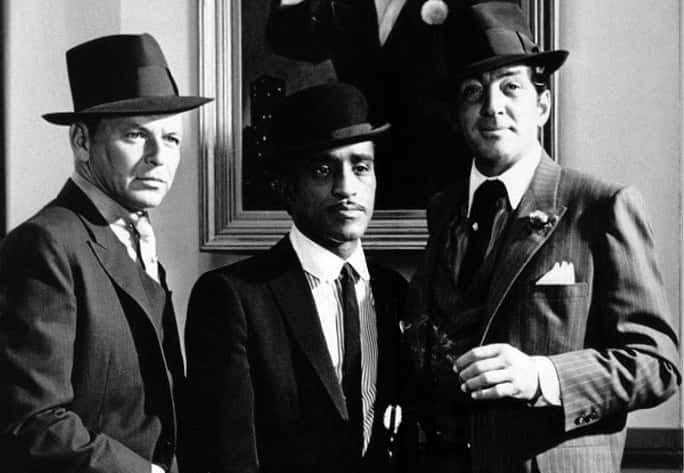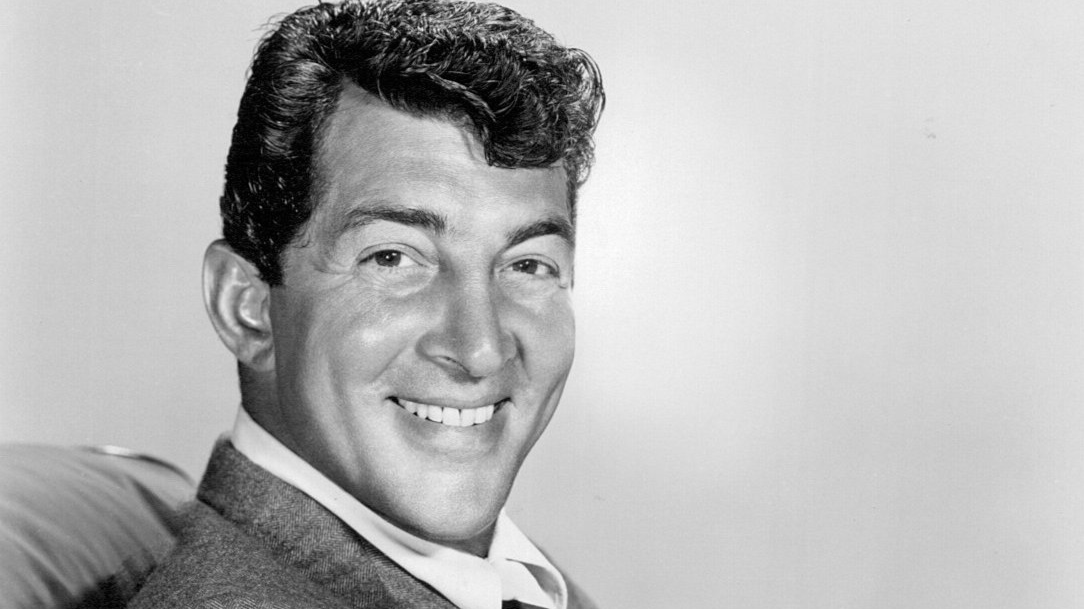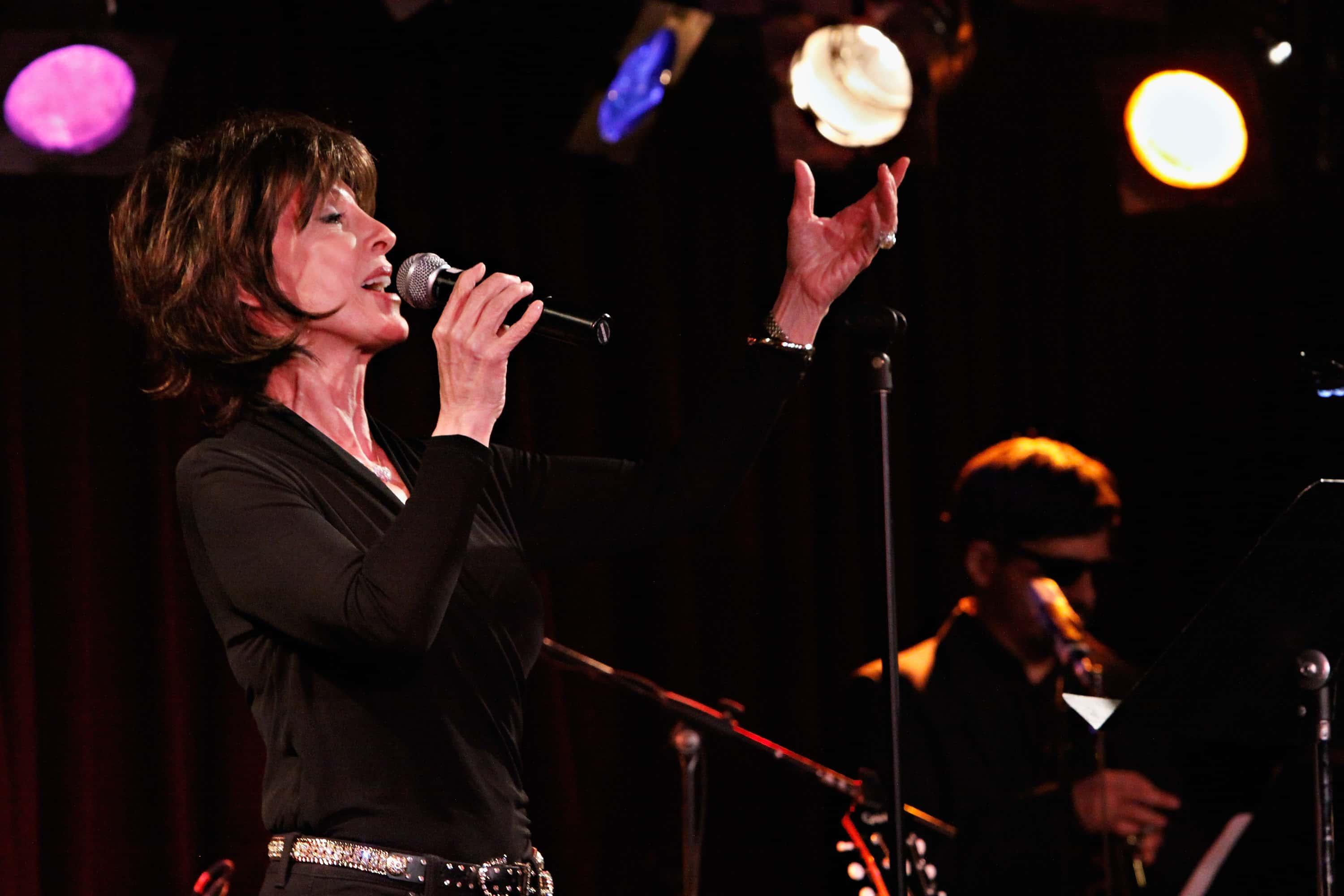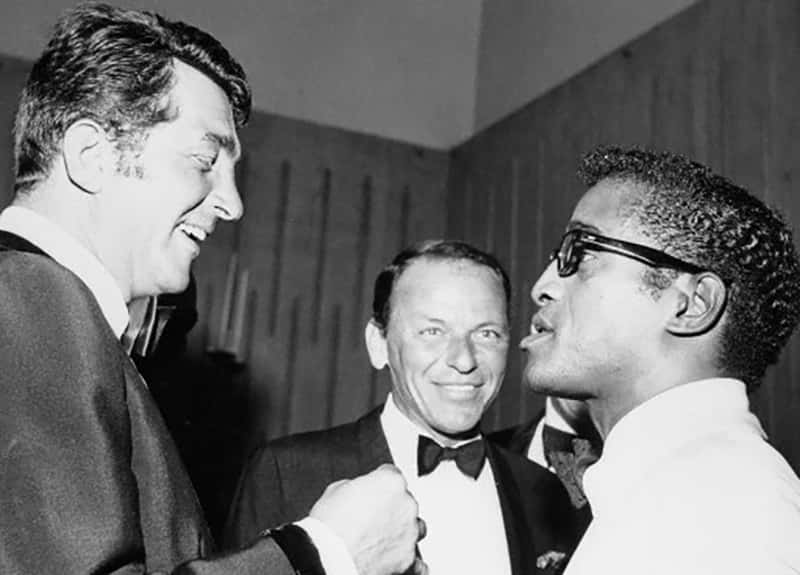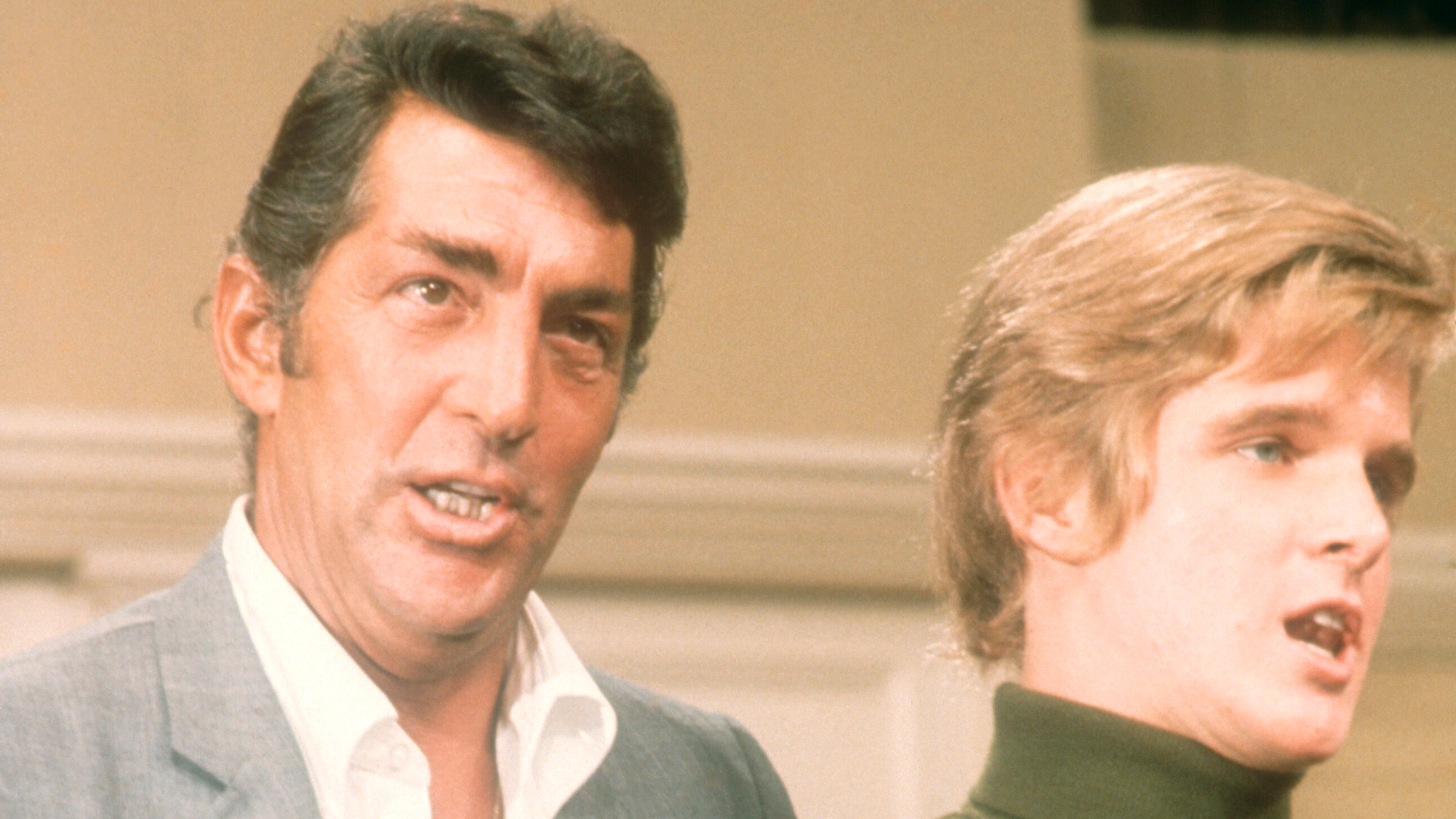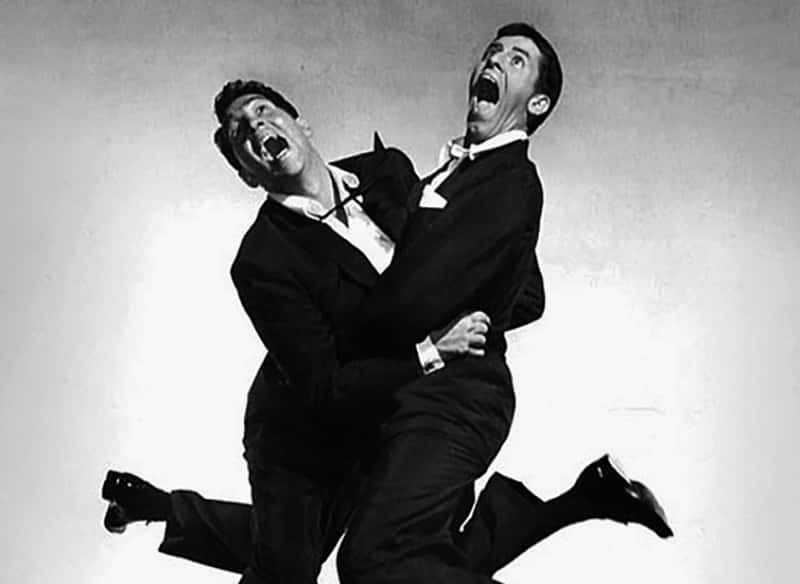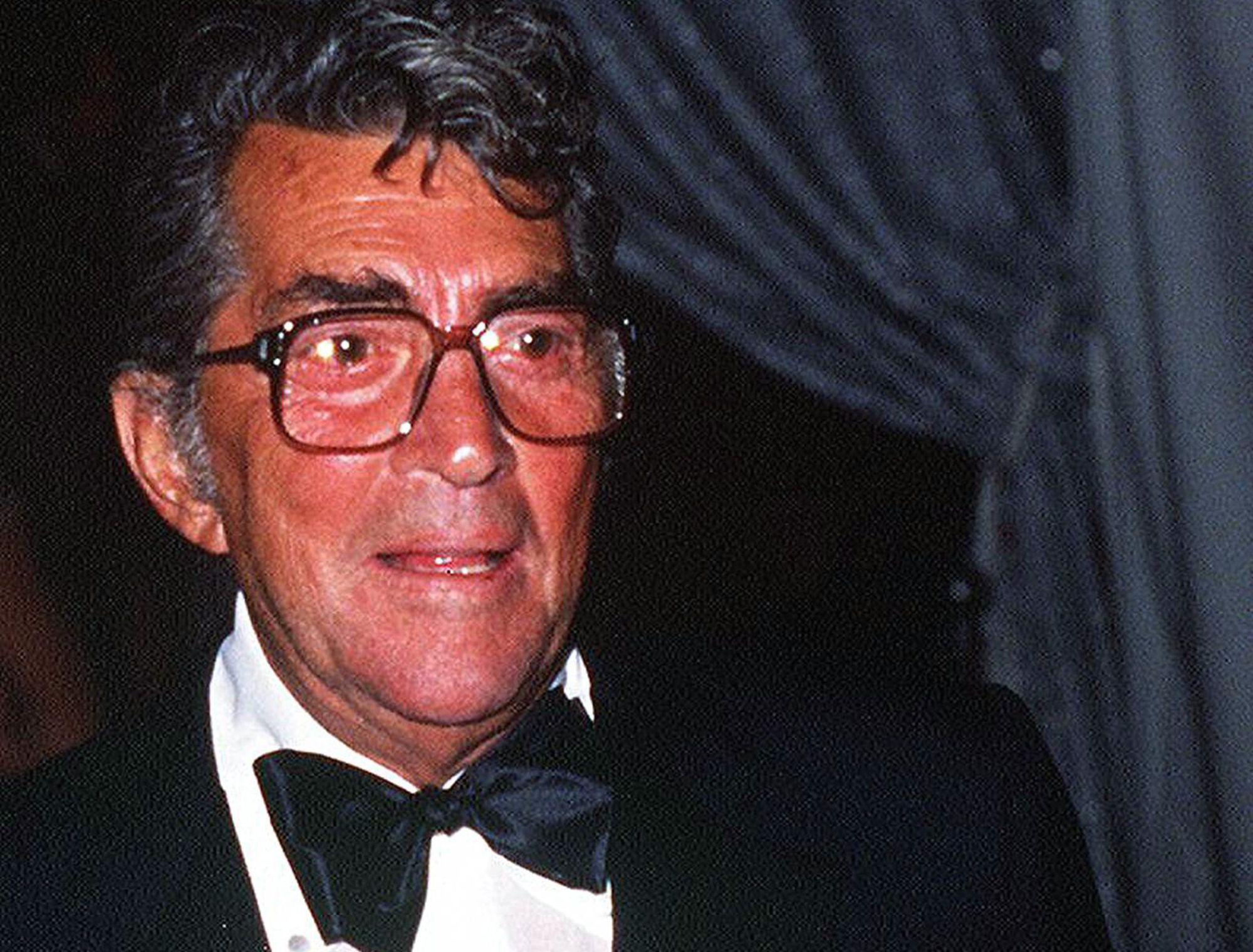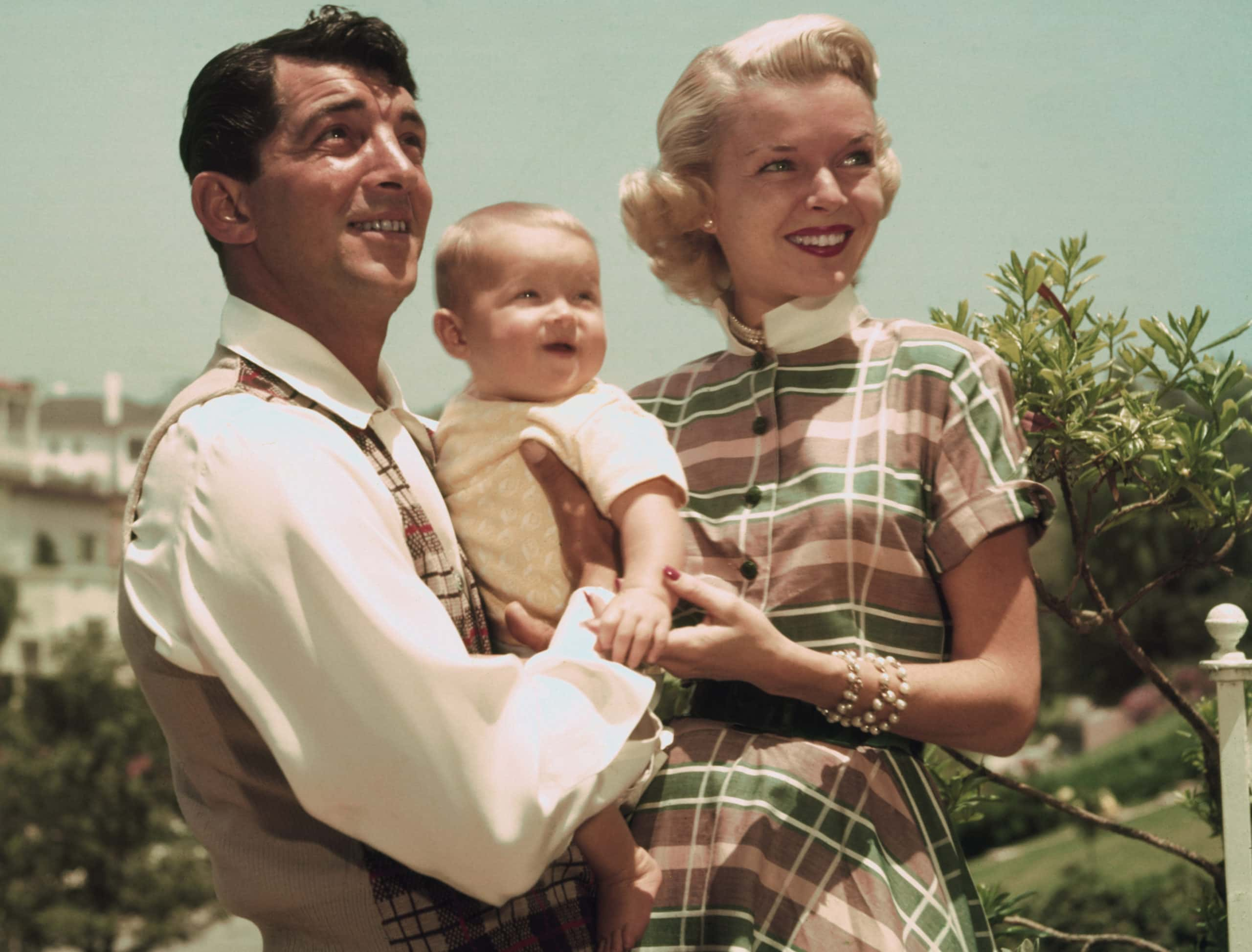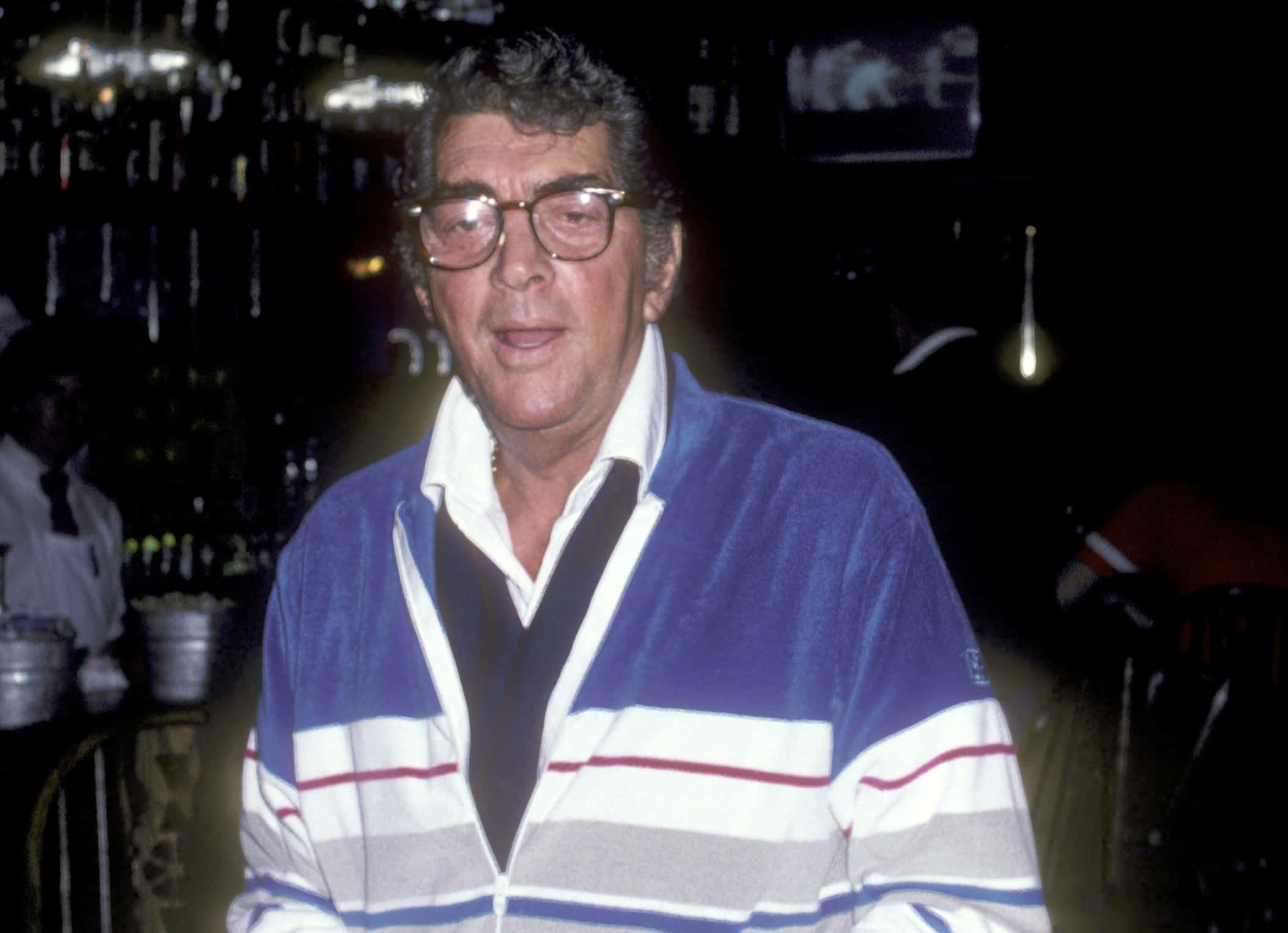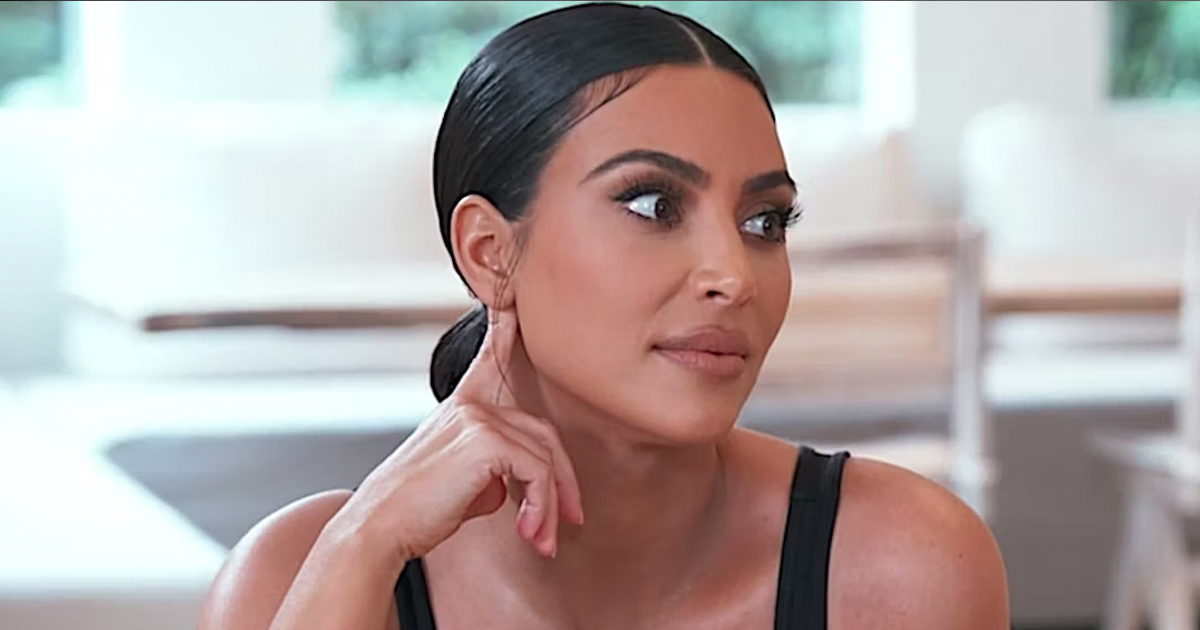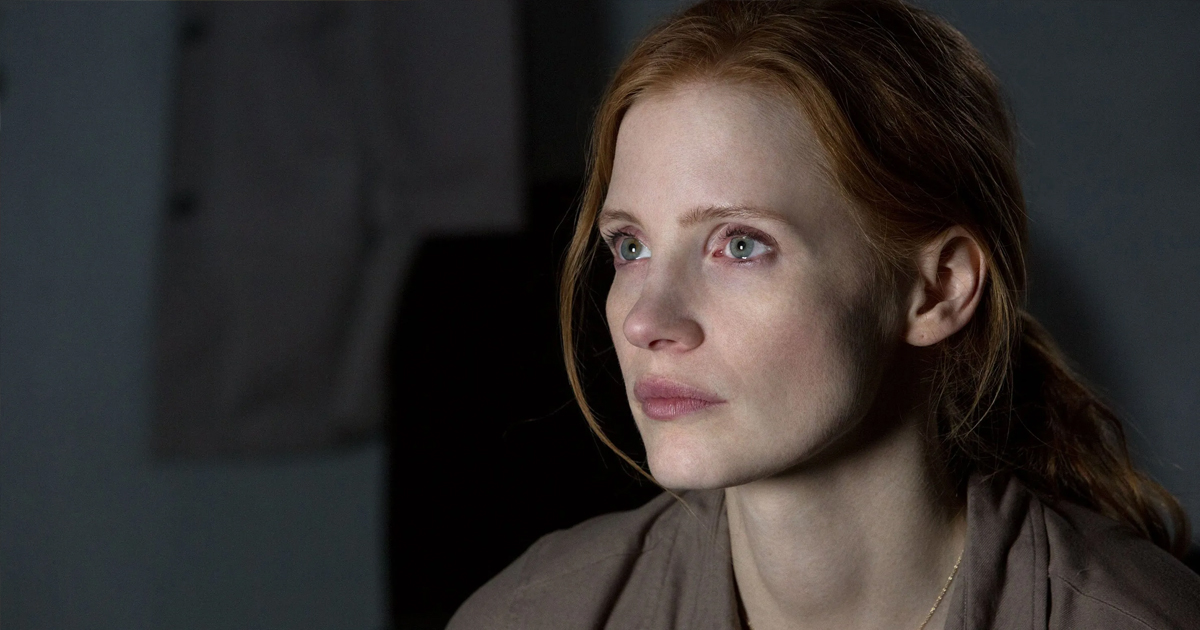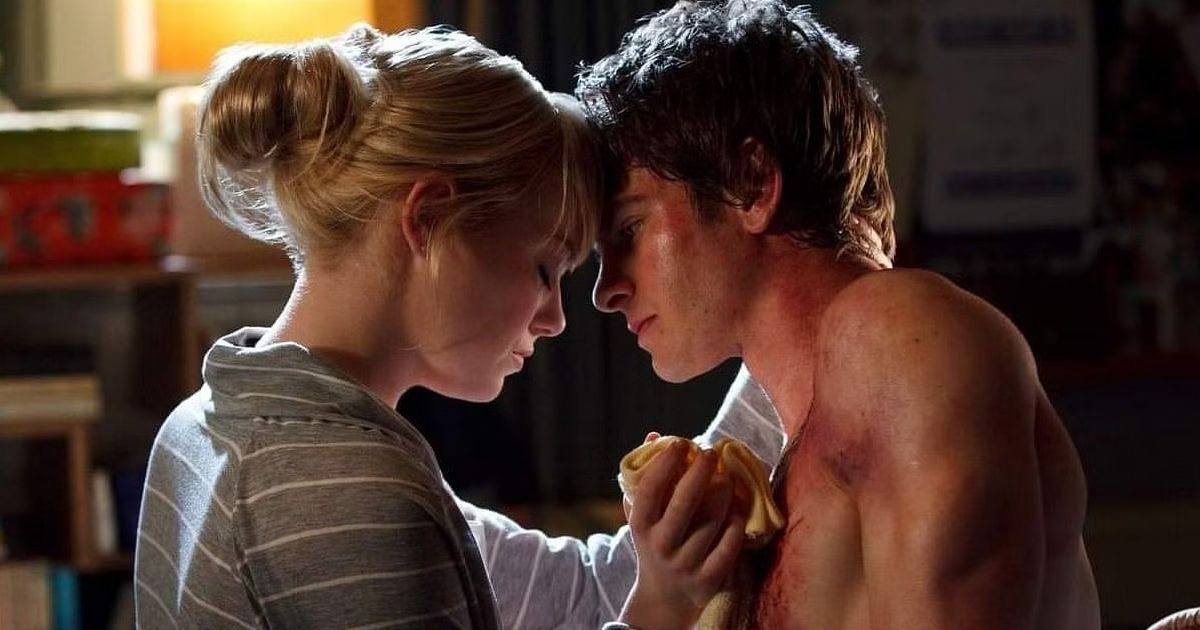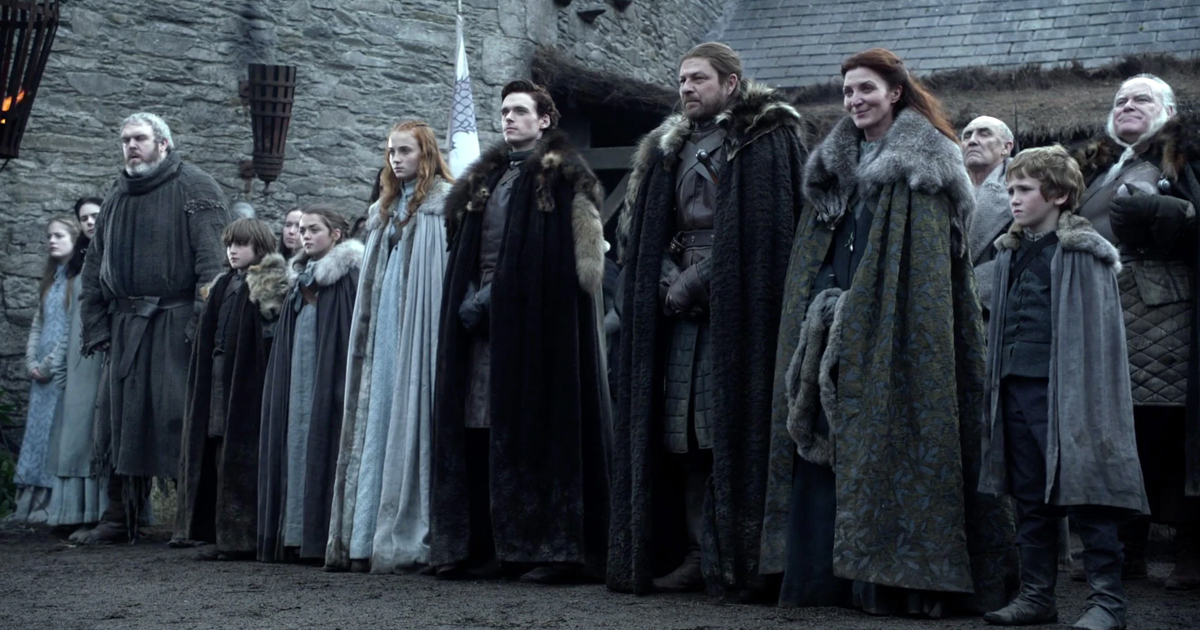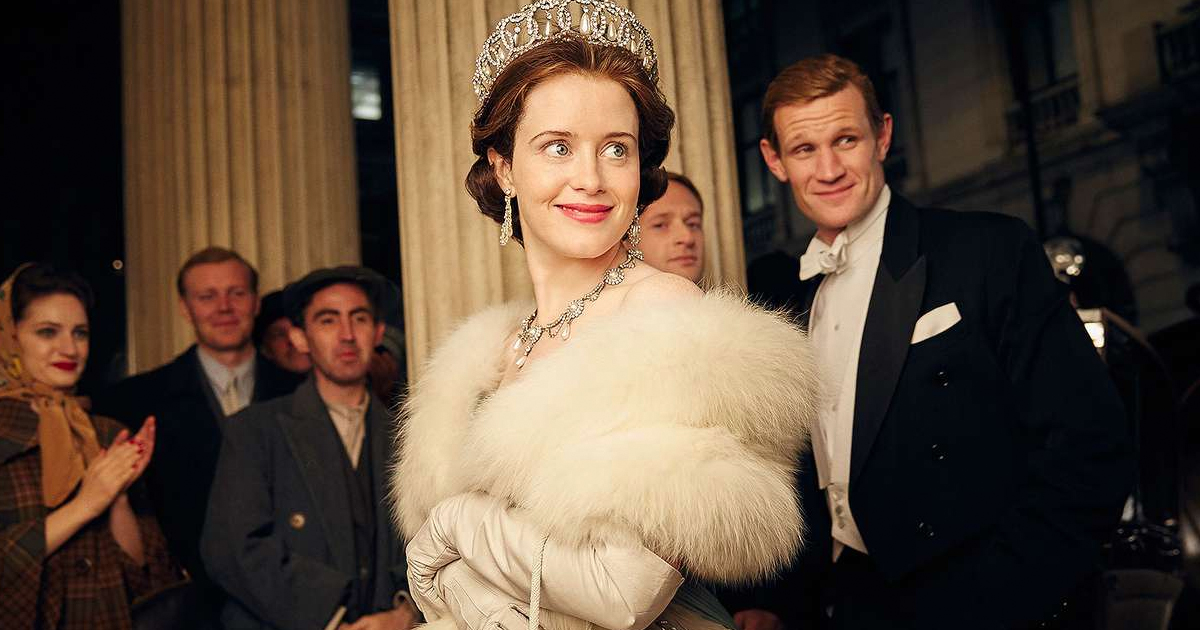The Coolest Illusion in Showbiz
Dean Martin was the “King of Cool”—crooner of smooth songs, Rat Pack wild man, and the guy who always had a drink in hand. But here’s the twist: that wasn’t the real Dean Martin. Behind the smoky stage persona was a shockingly different man.
Hustling in Nightclubs
In the late 1940s, Dean was hustling in small clubs—first around Ohio, then Atlantic City—often teamed with a rising comic named Jerry Lewis. He was still finding his stage voice, experimenting with what made crowds laugh and what fell flat. These lessons led to a discovery that changed everything.
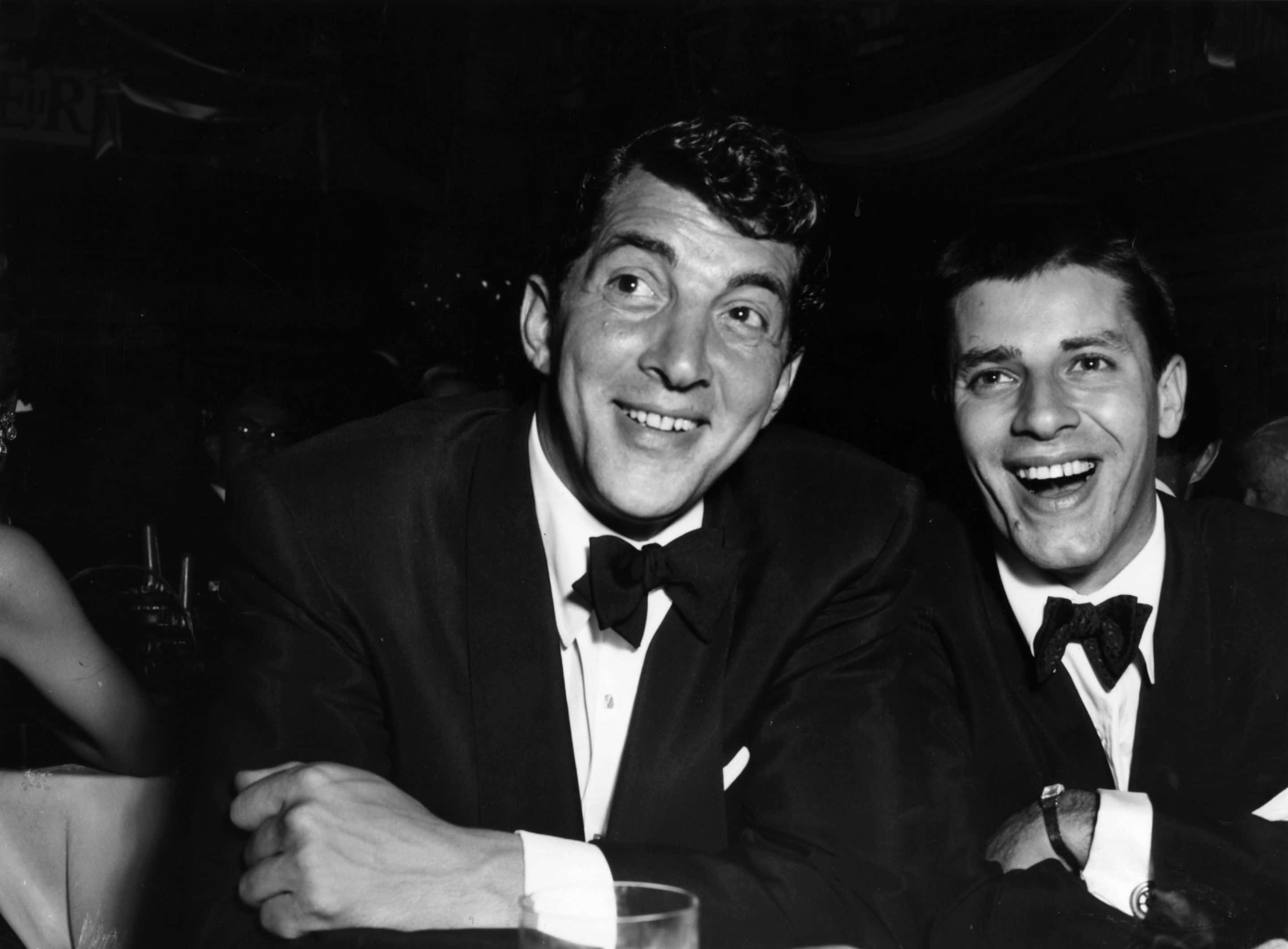 Express Newspapers, Getty Images
Express Newspapers, Getty Images
The Birth of a Character
One night, Dean stumbled, slurred a wisecrack, and grinned. The audience erupted. He realized he’d struck gold. The “lovable lush” act was born—not from drunkenness, but from performance. Soon he was polishing it into the routine that would shape his public image forever. It needed one perfect prop.
 John Springer Collection, Getty Images
John Springer Collection, Getty Images
A Glass Becomes a Partner
The whiskey glass became his signature prop, letting him pause, lean, and pace his timing. By the time television came calling, it was inseparable from his hand. Audiences assumed it was scotch. In reality, Dean was preparing for the greatest trick of all.
 John Springer Collection, CORBIS/Corbis, Getty Images
John Springer Collection, CORBIS/Corbis, Getty Images
Apple Juice in Disguise
In 1961, Dean explained: “I don’t drink that much. I couldn’t do my job if I did. I get tired just carrying the glass.” His “booze” was often apple juice. The illusion was so perfect that millions believed the lie for decades.
Selling the Act Too Well
Ricci Martin recalled, “He used alcohol as a prop. On stage it was part of the act, but at home he was anything but a drunk.” That gap between stage and reality defined Dean’s career—he lived one way but convinced the world of another.
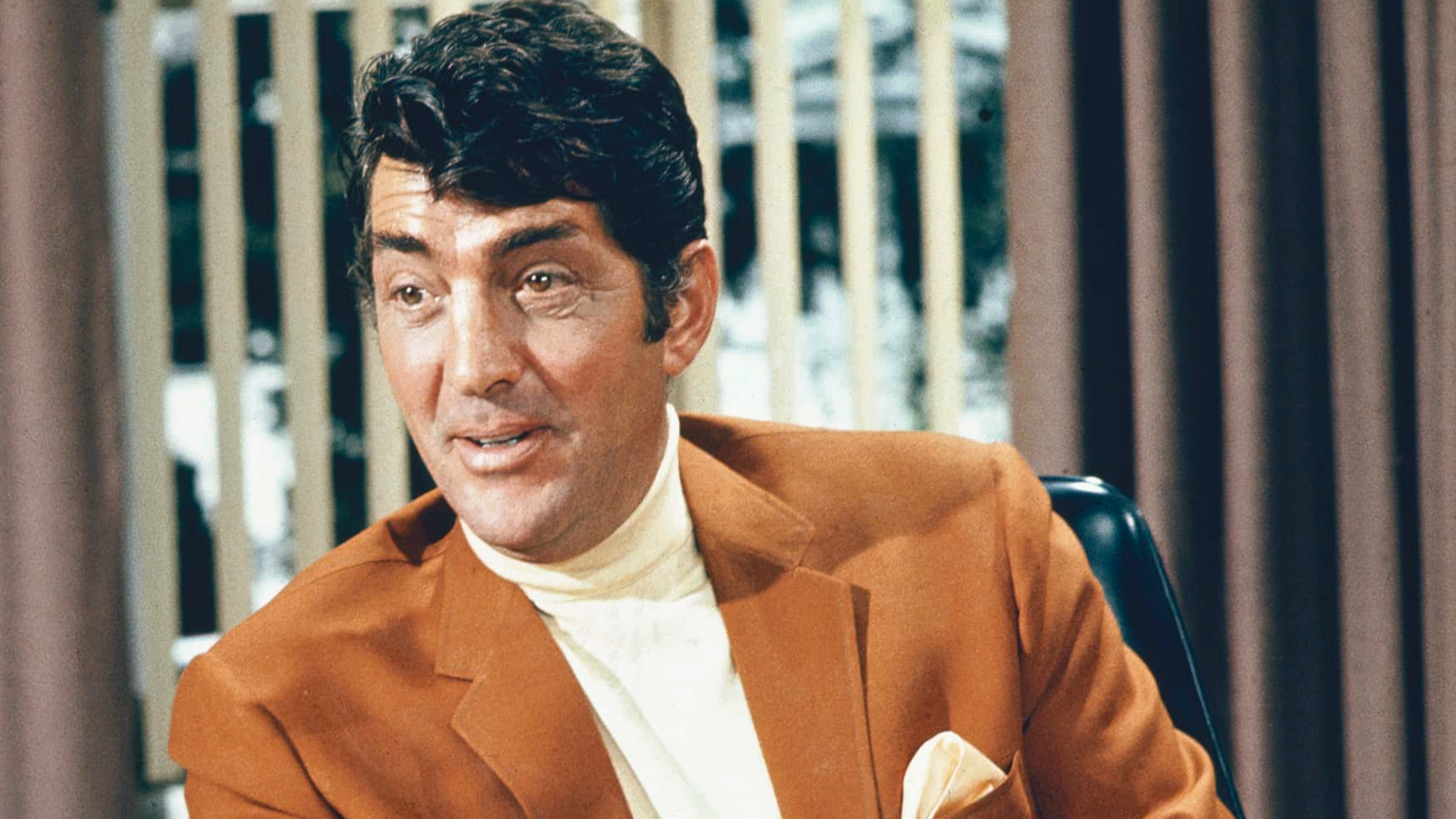 Silver Screen Collection, Getty Images
Silver Screen Collection, Getty Images
Rat Pack Reputation
When Dean joined Sinatra and Sammy Davis Jr. in Las Vegas, the roles looked natural. Sinatra was the boss, Sammy the showman, and Dean the charming drunk. But while Frank lived the chaos, Dean only played along long enough to keep the illusion alive.
Sinatra’s Endless Nights
Frank Sinatra thrived on all-night binges, pouring champagne until dawn. Dean smiled, clinked glasses, and slipped away before things spiraled. He looked like a partner in crime, but he had other plans once the curtain fell.
The Quiet Exit
Comic Tom Dreesen recalled, “Dean was always the first to leave. While the others partied, he went home. He wanted to be on the golf course in the morning.” That early exit didn’t just dodge trouble—it revealed what truly structured his days.
The Golfer’s Discipline
Golf was Dean’s true addiction. He built his schedule around tee times, going to bed early to rise clear-headed. While Rat Pack comrades slept off hangovers, Dean was chasing pars. Discipline—not debauchery—was what actually fueled his life.
Family Over Fame
At home, he wasn’t the prowling playboy. Deana Martin recalled, “People thought my dad was the party guy, but he was a sweet, caring father. He loved being home with us.” Family nights explained why the after-party held so little appeal. His public swagger had another quiet counterpoint, too.
Shy Behind the Swagger
The public saw effortless confidence. Privately, Dean could be quiet, even shy. He disliked crowded parties and preferred a night in front of the TV. The man who looked like he owned every room often wanted to slip quietly out of it.
Keeping the Mystery Alive
Sinatra courted headlines; Dean dodged them. Few interviews, fewer confessions, almost no gossip. The less he said, the more fans imagined. That vacuum fed the legend—and let the boozy character thrive without exposing the man beneath. Even the way he “worked” played into the image.
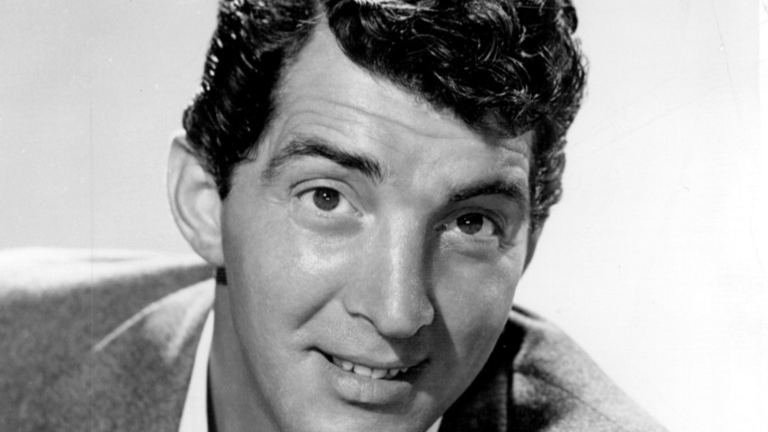 Elmer Holloway, Wikimedia Commons
Elmer Holloway, Wikimedia Commons
Laziness as a Craft
Dean loathed heavy rehearsals. He’d stroll in fresh, riff off the room, and make it look easy. Colleagues called it laziness; audiences called it cool. In reality, that ease was carefully maintained—another part of the persona that concealed a structured life.
Humor as a Shield
He joked constantly about drinking, using the jokes as a sort of protection of his privacy. If people laughed at the gag, they stopped digging for the truth. Humor let him steer the narrative—keeping the character vivid while the private man stayed offstage. And that separation did more than protect privacy.
 CBS Television, Wikimedia Commons
CBS Television, Wikimedia Commons
Longevity Through Illusion
The lifestyle Dean pretended to live destroyed others. But because he never truly lived it, he endured. His “lush” routine was more than comedy—it was survival, allowing him to keep performing long after his peers (true lushes) had burned out.
Sinatra’s Counterweight
Sinatra burned hot; Dean stayed cool. That balance made their chemistry irresistible. The public thought they were twins in excess, but privately Dean’s restraint kept him steady while Sinatra’s chaos raged unchecked. Together, they worked. Alone, they lived in opposite worlds.
 English: Distributed by Warner Bros., photographer uncredited and unknown., Wikimedia Commons
English: Distributed by Warner Bros., photographer uncredited and unknown., Wikimedia Commons
A Star in Slippers
When the curtain fell, Sinatra sought out more nightlife. Dean often slipped into pajamas, turned on a Western, and called it a night. Fans imagined tuxedos and martinis—but the reality was often slippers and a remote.
The Power of Silence
By refusing to correct assumptions, Dean let the audience write the wilder version for him. Rumors filled the gaps: more booze, more women, more chaos. Meanwhile, he kept his routines—golf, TV, family—steady. Even his children grew used to correcting the record.
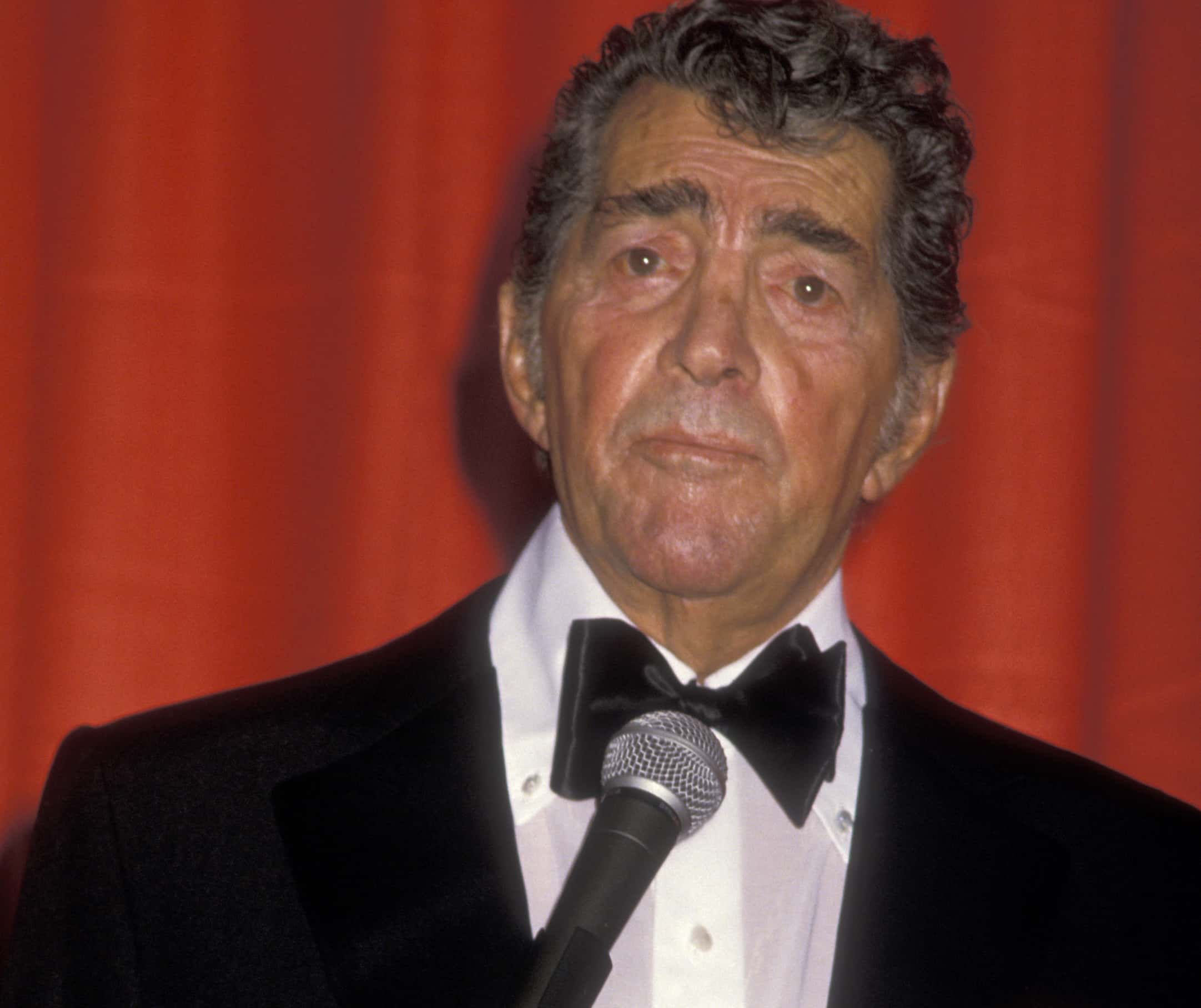 Ron Galella, Ltd, Getty Images
Ron Galella, Ltd, Getty Images
What His Kids Saw
Ricci put it bluntly: “On stage it was part of the act, but at home he was anything but a drunk.” Deana remembered warmth and easy laughter. Their accounts exposed just how thoroughly image had eclipsed reality. Hollywood itself misread him, too.
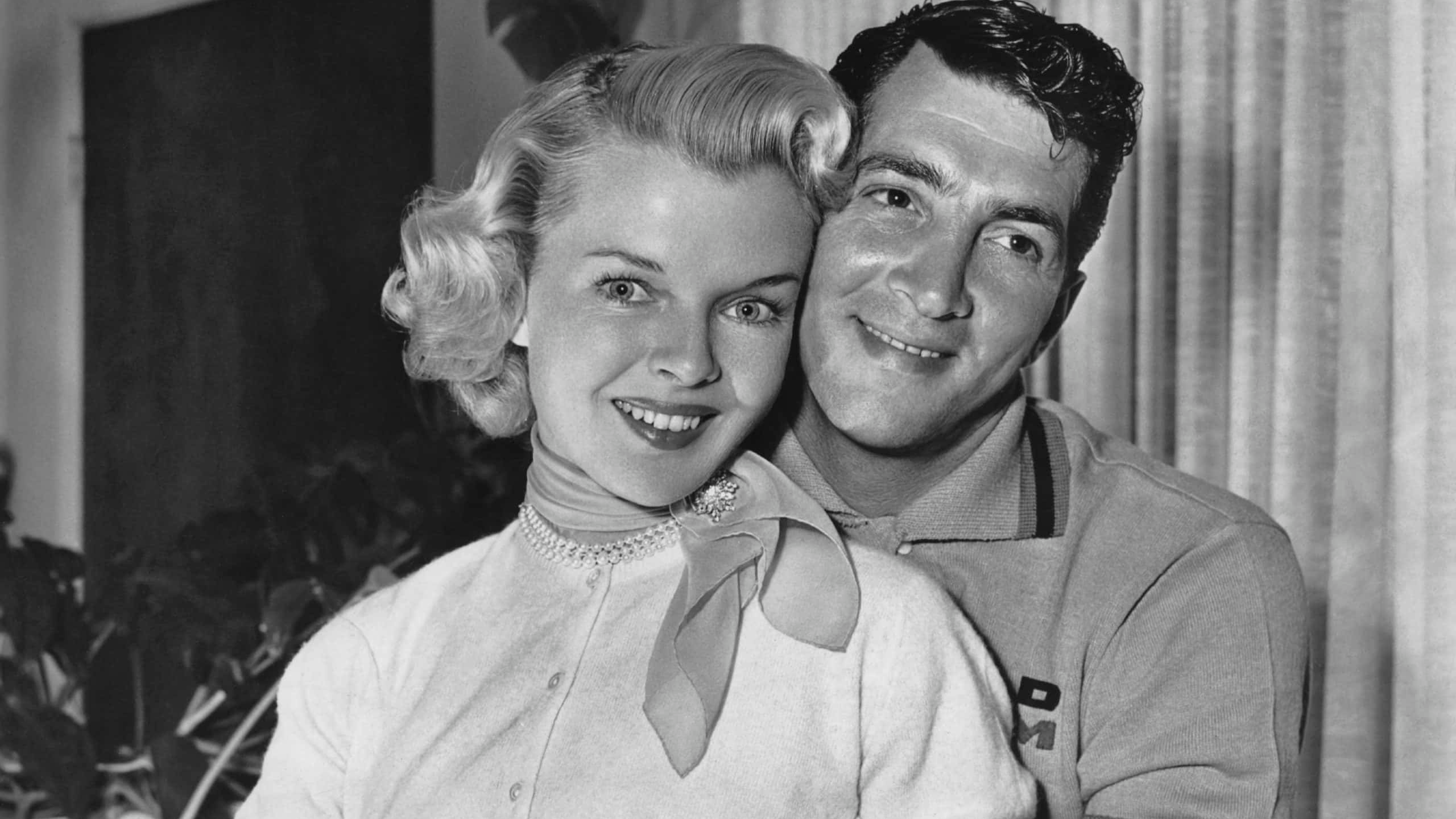 Pictorial Parade, Getty Images
Pictorial Parade, Getty Images
Escaping Hollywood
Stars needing fame is nothing new in Hollywood, but Dean didn’t need it. He delivered onstage, then disappeared. No publicity sprints, no scandal-chasing. That distance looked like mystique from the outside but functioned like armor from within. The mask he wore helped, perhaps more than anything else.
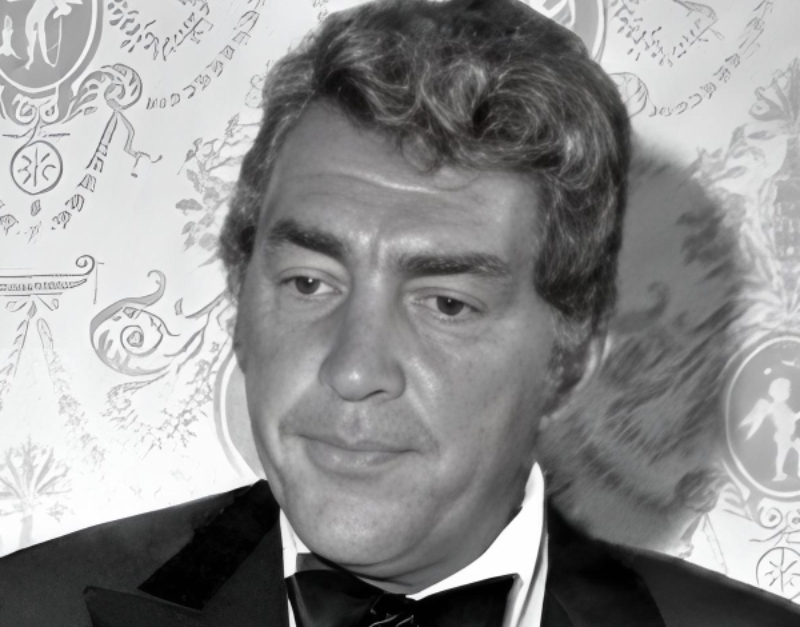 Los Angeles Times, CC BY 4.0, Wikimedia Commons
Los Angeles Times, CC BY 4.0, Wikimedia Commons
A Mask That Worked
By leaning into the lush routine, he gave the public something irresistible to watch—and something convenient to misunderstand. The caricature absorbed attention allowing the real person to stay protected. It truly became his most convincing performance.
The Greatest Role
His best acting wasn’t in Rio Bravo or on The Dean Martin Show. It was the decades-long role of “Dean Martin,” the lovable drunk who rarely existed offstage. He never truly broke character in public, and the role became the legend.
 dino4ever, The Dean Martin Show - January 25, 1968,
dino4ever, The Dean Martin Show - January 25, 1968,
A Careful Life Beneath It All
Privately, he lived by simple order: golf in the morning, television at night, family in between. While fans imagined casinos and chaos, he was counting strokes, quoting Westerns, and keeping promises at home. Which leaves one last card to turn over.
The Final Reveal
The real Dean Martin wasn’t a lush, a playboy, or a Rat Pack rogue. He was disciplined, shy, and clever enough to fool the world. His greatest creation wasn’t a song or a film—it was Dean Martin, the myth that hid the man in plain sight.
You Might Also Like:
Frank Sinatra, Dean Martin, And The Beverly Hills Brawl That Went Too Far
The Feud Between Marlon Brando And Frank Sinatra Nearly Turned Fatal

